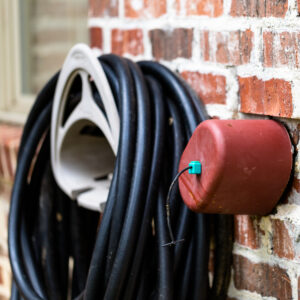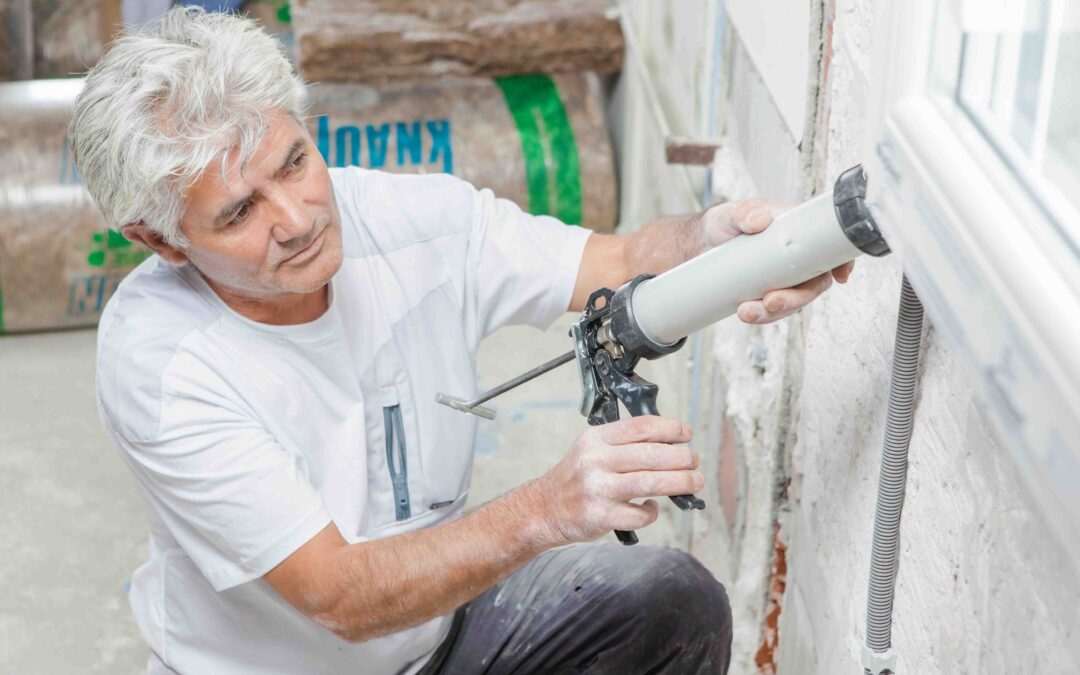With temperatures falling across many parts of the country, it’s a good time to start thinking of preparing your home for harsh winter conditions like snow and ice. This process, called winterization, is usually performed in the fall before excessive cold arrives. Maintenance on both the exterior and interior of your home during this time can not only protect the structure from weather-related catastrophes, but it can also save you money by way of lower utility bills.
Click here to view the MAPFRE Winter Season Home Prep infographic.
To winterize the inside of your home, follow this maintenance checklist:
- Test smoke and carbon monoxide detectors at least once a month to make sure they are working and make sure fire extinguishers have not expired
- Locate and seal air leaks, check insulation and evaluate appliances (you could also work with a professional home energy auditor if you prefer)
- Vent the space between the insulation and roof sheathing so that any heat that does leak is carried away
- Schedule furnace maintenance to make sure it is running properly and that HVAC filters are changed
- Get chimney cleaned and inspected as blockages and soot buildup can lead to fires
- Remove window air conditioner units (leaving an AC exposed to the elements can be hazardous to the unit)
- Reverse ceiling fans (for greater energy savings, if the ceiling fan has a reverse switch run the fan in a clockwise direction after heat is turned on)
- Remove lint and debris from clothes dryer vents to prevent fires
Winterizing the outside of your home is just as important. Here is a separate maintenance checklist you can follow:
- Remove leaves, sticks and other debris from gutters so that melting snow and ice can flow freely

- Make sure drains slope away from the home (on a slope that is at least 6 vertical inches over 10 feet). This will keep water away from the foundation which can lead to cracks and leaks
- Shut off exterior faucets, remove and drain garden hoses and drain irrigation system. Leaving hoses attached to outdoor faucets can cause water to back up in faucets and pipes inside interior walls, which can cause frozen pipes
- Trim trees and brushes to avoid falling limbs in winter storms
- Make exterior repairs to damaged areas, like the roof, siding and foundation, ahead of storms
- Seal any gaps to not only keep animals out of your home but to keep the heat inside
- Repair outdoor steps and handrails to ensure proper footing and safe winter walking when it is slippery
- Wear proper footwear with visible treads when walking on slippery outdoor surfaces
- When treating your snow or ice-covered driveway or sidewalk, be sure to use a rock salt or ice melt that won’t do surface damage or harm pets
We hope these tips were helpful in preparing your home for colder, snowy days ahead. Winterizing your home both inside and out is critically important, just like making sure you have the right coverage for your home insurance. We are your trusted MAPFRE agent.
Source: https://www.mapfreinsurance.com/blog/winterizing-your-home/

